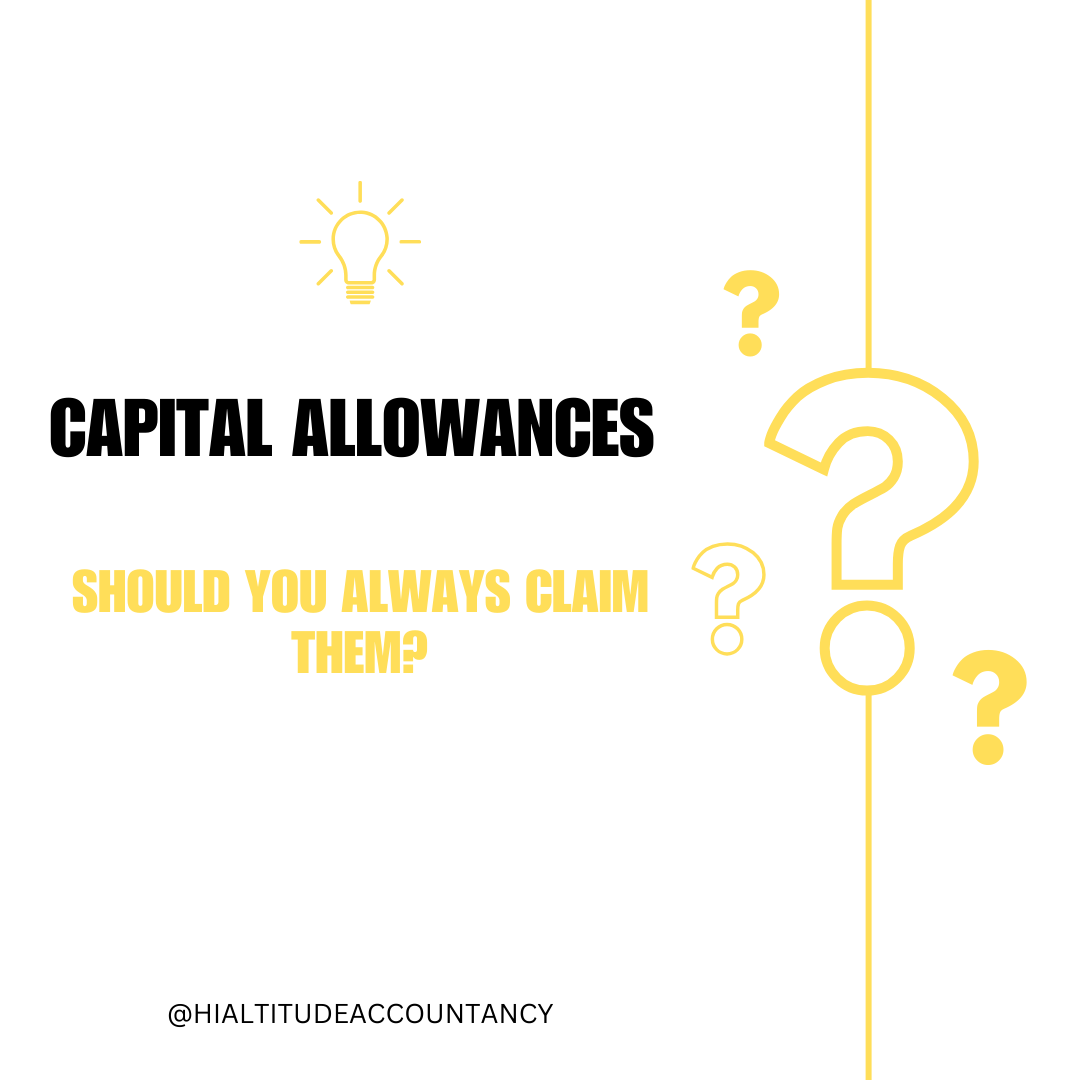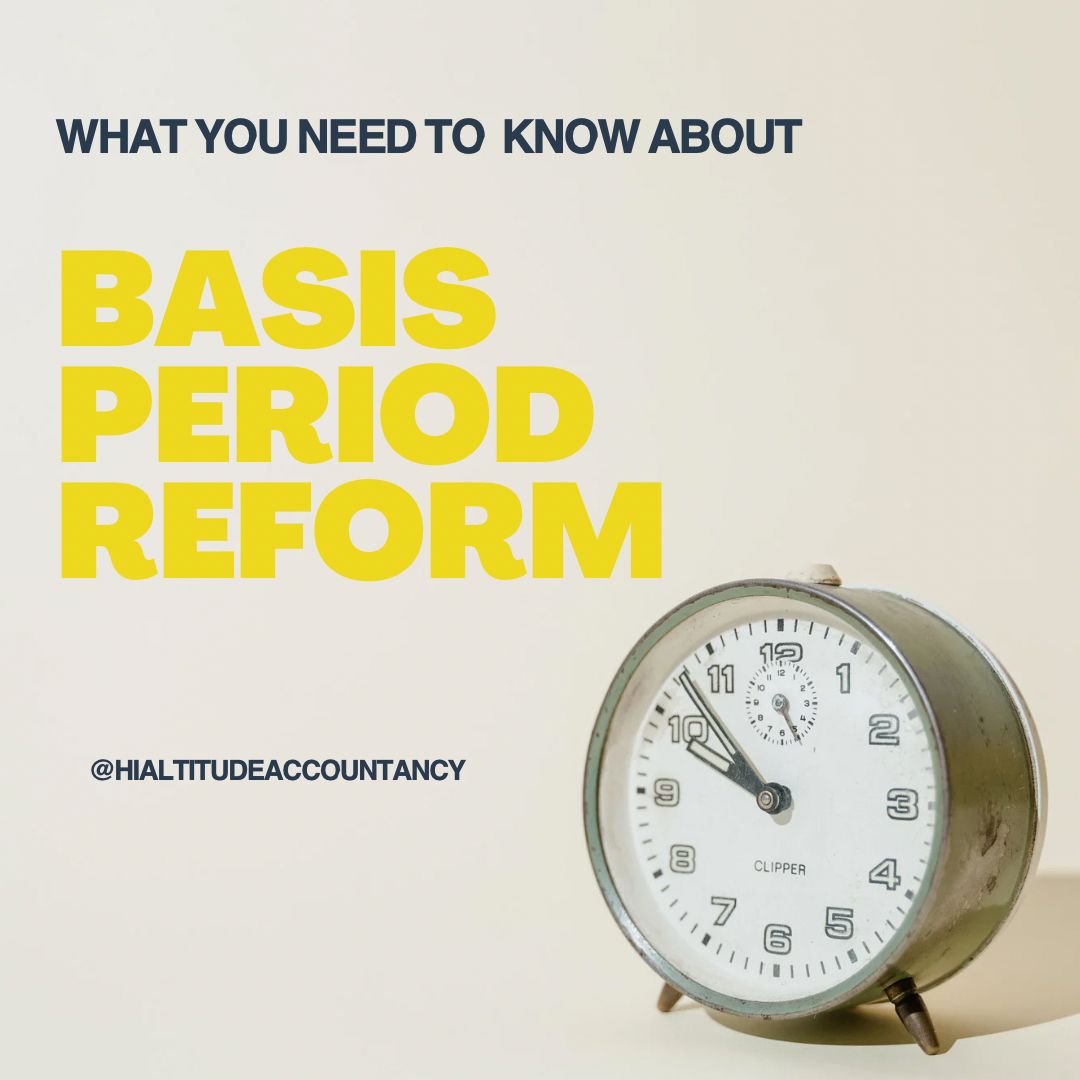Self Employed vs Limited Company - which is right for you?
Thinking of starting up? You maybe wondering...What are the main differences with sole traders and Limited companies?

If you're thinking of a new venture, you may be wondering what the difference is between a sole trader and a Limited company and have no doubt heard stories and opinions about both from those you know.
Here we discuss what each one entails, the set up and the pro's and con's of each.
What is a sole trader?
A Sole Trader means you, acting on behalf of yourself as an individual in business.
Your income and costs that are 'wholly and exclusively' for your work is calculated to bring you to your profit.
These profits are taxed every year by filing a tax return/self assessment (SATR) through your tax code. You'll also pay NIC's on the profits too.
To get started, you'll need to set up a Gateway and password with HMRC register as self-employed.
HMRC will ask a few questions so you'll need your details handy such as addresses, contact details, your Trading name, national insurance number and the date you want to start trading.
From then on you'll have to keep records of all of your transactions, comply with any industry regulations and laws.
By the 31st January after the end of tax year you begin trading you'll be required to submit and pay for your first tax return.
HMRC allows you to do this yourself (if you're confident and have experience to do it right), but it's advisable you get some professional advice and help if you're unsure. There are many rules and restrictions regarding income and expenditure to be aware of, as well as some complicated allowances and reliefs that require some working out. A good Bookkeeper/Accountant can help you get it right without that worry yourself.
Though the 31st Jan is the deadline, we'd always recommend getting it sorted as soon as possible after the end of the tax year. The benefits to this are many; You'll know what you need to pay early on and can set up a payment plan for your taxes if you can't afford it all in one go. You'll avoid any late payment penalties and interest on submitting late and you'll also have a good idea of your profits.
Knowing your profits early could be very important if you're seeking to buy a house, get a loan or claim benefits.
Many Accountants and Bookkeepers will also charge up to double their standard fee for self-assessment requests after December due to the heavy workload involved with clients in the run up to the end of January. So it's well worth being on the ball!
Benefits to being a sole trader:
- Easier to set up.
- Cheaper accountancy fees.
- You retain all profits for yourself and can take pay when you like.
- Losses will lower income tax.
- Less rules and regulations to stick to.
- Greater privacy and flexibility.
- Easier to close down if it doesn't take off.
- Insurance available to cover personal assets.
- Usually lower start up costs.
Disadvantages of being a sole trader:
- Less protection - You have unlimited liability if things go wrong.
- Heavy workload if you don't employ anyone else.
- Can look 'less established' than a Limited company.
- Can be difficult to raise finance.
What is a Limited Company?
A Limited company is a company that is limited by shares or by guarantee.
It is a legal separate entity to you and you are an employee of the company. Limited companies have separate finances and assets are owned by the company, not you as a person/Director.
If you set up and are responsible for the Limited company, you are the Director of that company and have a duty of compliance and governance as an agent of it.
It's more complicated to set up a Limited company than as a sole trader. You'll need to decide who will be Directors, secretary and any PSC's (Persons with significant control).
Preparation of a 'memorandum of association' and 'articles of association' will be required to detail how you wish to run your company.
You'll choose a SIC code which identifies what your company does and register your company with Companies House .
A company tax return and annual accounts must be filed every year with HMRC which only an accountant can do.
What about pay?
You can take a regular salary before tax for the work you do.
Limited companies are subject to Corporation tax on the profit it makes. Currently this is 19%, but set to rise to 25% in tax year 2023/24.
You'll be able to take dividends from any remaining profit after tax if you wish. However, 'extra' pay taken before tax will be treated as a loan and interest charged if not repaid to the company within certain timescales.
Benefits to Limited Companies:
- More personal tax incentives with the choice of dividends if there are profits.
- You could end up paying less tax overall (depending on profits).
- A distinct entity - contracts are with the company, not you.
- Protection with Limited liability. Assuming no fraud, you will not be liable for any losses.
- A more professional image. Some companies and even people prefer to work with Limited companies rather than sole traders.
- Can be easier to secure finance.
- Pensions - these are a legitimate expense of the company before tax.
- If you wish to retire or fell ill, it's easier to transfer ownership than a non-registered business structure.
Disadvantages of Limited Companies:
- More legal obligations to consider and abide by.
- Heavier reporting.
- Accounts viewable on Companies House to the public.
- Personal details published publicly.
- Higher accountancy costs.
- Annual Companies House fees.
- Strict rules when drawing money from the business.
- Less flexibility to change business without written confirmations.
- Often higher start up costs.
- Losses can only be offset against past or future profits.
- Accounting requirements more complex and time consuming.
- You do not own the assets, your company does.
To summarise...
There's no one size fits all and lots to consider for each type of business with many pro's and con's to each.
It's advisable to consider things such as costs and any dangers of being liable in any legal battles and the responsibilities for each.
We're here to discuss these in more depth if you need to.
Jay Rickards MAAT AATQB
My next blog "Is Limited more tax efficient?" is coming up next showing when it's better for tax purposes to go Limited.










